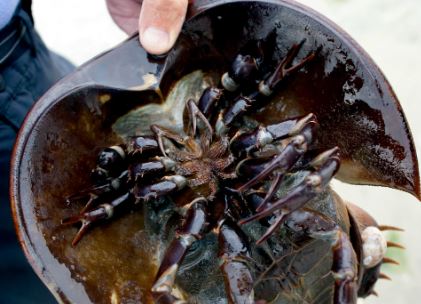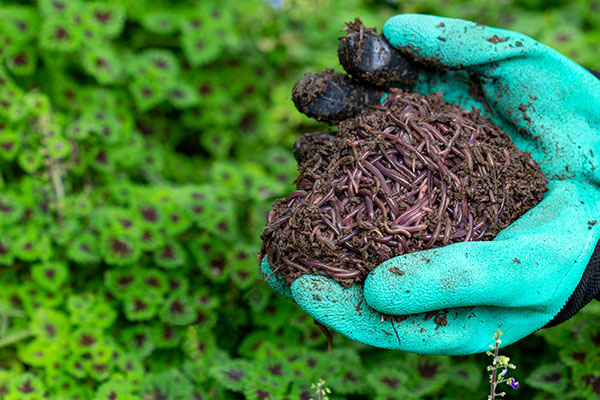
Furthermore, the proteins don't trigger cell death in infected cells that host pathogenic bacteria. Instead, they block the infection by keeping the harmful microorganism trapped inside the host cell, keeping both alive while also inhibiting the bacterial disease.
Researchers Jun Ninomiya-Tsuji and Kazuhito Sai of North Carolina State University (NC State) discovered the additional role played by the RIPK3 and MLKL proteins. They tested the protective molecules on intestinal cells infected by Listeria monocytogenes.
A pathogenic bacteria that attack the intestines, Listeria infection causes the gut disease listeriosis. Eating contaminated food increases the risk of the illness, which is sometimes fatal. (Related: You should only use antibiotics when they are really needed: Can you recognize a bacterial infection?)
A pair of protective proteins that fight listeriosis and other bacterial infections
The NC State research team found that RIPK3 and MLKL take a different approach to fight listeriosis. When the proteins encounter an infected intestinal cell, they refrain from forcing the host to undergo necroptosis like they do with virus-infected cells.
Instead, the proteins interact with some of the structural components of Listeria. Once they recognize these components, MLKL binds to them.
MLKL then inhibits the replication of Listeria, stopping the bacteria from reproducing and spreading. Meanwhile, the host cell remains alive.
“While we've shown that these proteins take on a different function in intestinal epithelial cells than they do in immune cells, we're still not sure how or why this differentiation occurs,” explained Ninomiya-Tsuji. One of the co-corresponding authors of the paper, he provided the expertise in biological science.
What protects human intestinal cells also protects the gut and liver of mice
In the experiment that he and Sai conducted, they exposed human intestinal cells to Listeria bacteria. Some of the cultures lacked RIPK3, while others possessed sufficient levels of the protective protein.
They found that the RIPK3-deficient cells succumbed to the Listeria infection. Meanwhile, the protein-protected cells rarely fell to the pathogen.
For the next phase, the NC State researchers induced listeriosis in mice. They exposed both RIPK3-deficient and healthy mice to Listeria bacteria, then examined the animals for signs that the bacterial infection spread from the gut to the liver.
As expected, the intestine and liver of the RIPK3-deficient mice showed clear signs of Listeria infection. In contrast, only a few infected cells appeared in healthy specimens.
Why do RIPK3 and MLKL proteins work together?
But the real discovery of Ninomiya-Tsuji and Sai was the teamwork between RIPK3 and its partner MLKL. Upon detecting a Listeria infection, the proteins went into action.
Together, the proteins activated a pathway that shut down the ability of Listeria to replicate itself. They effectively prevented the pathogenic bacteria from multiplying, thus stopping the onset of listeriosis.
Even better, the activation of the RIPK3-MLKL protein-pathway did not cause necroptosis in the infected cell. There was no need to regenerate or replace the intestinal cell.
"These proteins induce cell death to prevent certain infections, particularly in immune cells," explained Sai. "Inducing death of epithelial cells in the GI tract may cause removal of an important barrier to viruses and bacteria, so it's possible that these proteins recognize that killing these cells could make things worse instead of better."
He and Ninomiya-Tsuji hope to learn why the proteins cause the death of viral host cells while settling for inhibiting the spread of listeriosis and other bacterial infections.
Sources include:
Please contact us for more information.























